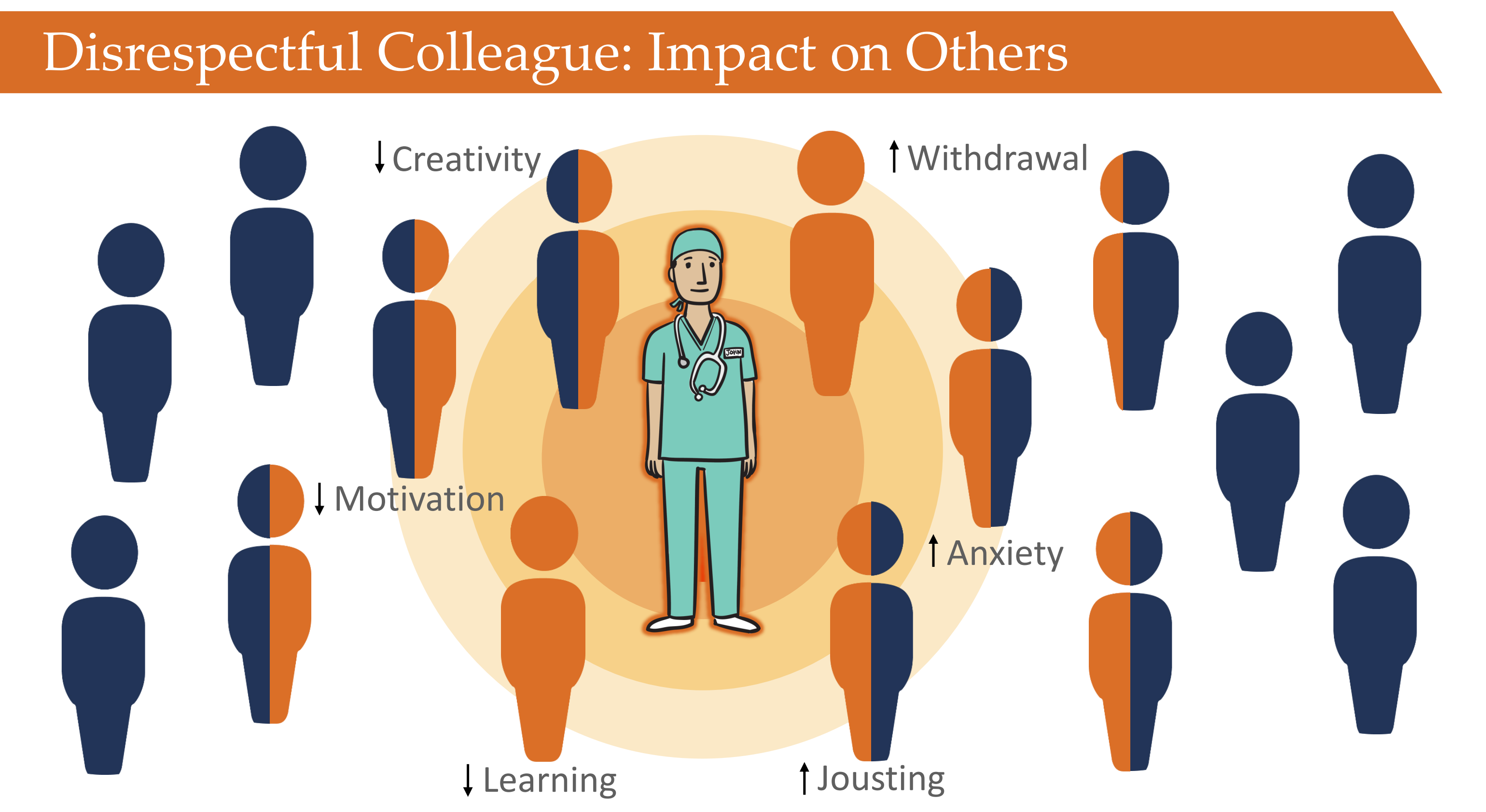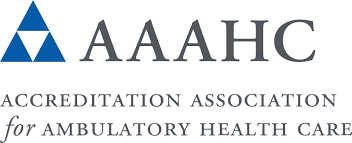 Periop Nursing
Periop Nursing
Study: Nurse diversity may reduce risk of maternal health issues
Editor’s Note A study from Columbia University researchers finds that hiring a more diverse nurse workforce may assist in combating “racial and ethnic disparities in maternal health outcomes” and reduce risk of maternal health issues, NBC News July 20 reports. According to the study published by the American Journal of…
Editorial
With inflation hitting yet another record-breaking high—9.1% at the time of publication—hospitals and health systems continue to contend with challenging supply chain disruptions that force leaders into a constant state of putting out fires. Supply chain issues are not new. But instead of having time to plan ahead and implement…
Ramifications of unprofessional behavior on patients, staff

Lynn Webb, PhD, assistant dean of the Vanderbilt School of Medicine, Nashville, Tennessee, shared an anecdote about unprofessional behavior with attendees of the recent OR Business Management Conference in San Antonio, Texas. A nurse reported that a surgeon was performing a transverse colon resection, and at the appropriate point, they…
Tips to prepare for AAAHC accreditation

The Accreditation Association for Ambulatory Health Care (AAAHC) has been accrediting ambulatory healthcare facilities, including ambulatory surgery centers (ASCs), for more than 40 years, with some 6,100 accredited organizations. A top philosophy of AAAHC is “1095 Strong,” which emphasizes the importance of integrating quality practices throughout a facility’s 1,095 days…
Association between vaccination and MI, stroke after COVID-19 infection
Editor's Note This Korean study finds that full COVID-19 vaccination was associated with a reduced risk of acute myocardial infarction (MI) and ischemic stroke after being infected with COVID-19. Of 592,719 patients with COVID-19 during the study period, 231,037 were included in the analysis, of whom 62,727 were never vaccinated…
11 schools starting nursing programs
Editor's Note Eleven schools have recently started nursing programs and partnerships to address the persistent nursing shortages around the country, the July 19 Becker’s Hospital Review reports. Included in the list: Yale School of Nursing in Orange, Connecticut, began an online master’s degree program. Penn Nursing in Philadelphia began an…
The Joint Commission announces new HCW safety, well-being website
Editor's Note The Joint Commission on July 20 announced a new “Healthcare Workforce Safety and Well-Being” website that provides resources to help healthcare workers (HCWs) advance the safety and resiliency of the organization. The website provides links to materials developed by The Joint Commission and healthcare-related organizations such as the…
Study: Shift workers do not adjust to night shift
Editor's Note This study from the UK and France finds that sleep quality and circadian rhythms in night shift workers were poorer than in those who worked day shifts, even if they had been working the night shift for years. The analysis compares 63 night shift workers, working three or…
AAMI's response to GI societies' statement on ST91
Editor's Note The Association for the Advancement of Medical Instrumentation (AAMI), in June, published a response rebuking a joint statement issued by several GI societies opposing the "ANSI/AAMI ST91:2021, Flexible and semi-rigid endoscope processing in health care facilities." Many of the ST91 working group were dismayed that the GI society’s…
Effect of resilience training for HCWs during COVID-19
Editor's Note This study from the University of Washington, Seattle, finds that a group coaching program designed to reduce stress and teach resilience was associated with improved mental health outcomes in healthcare workers (HCWs) during COVID-19. A total of 153 participants provided informed consent for the study with a mean…

 Free Daily News
Free Daily News